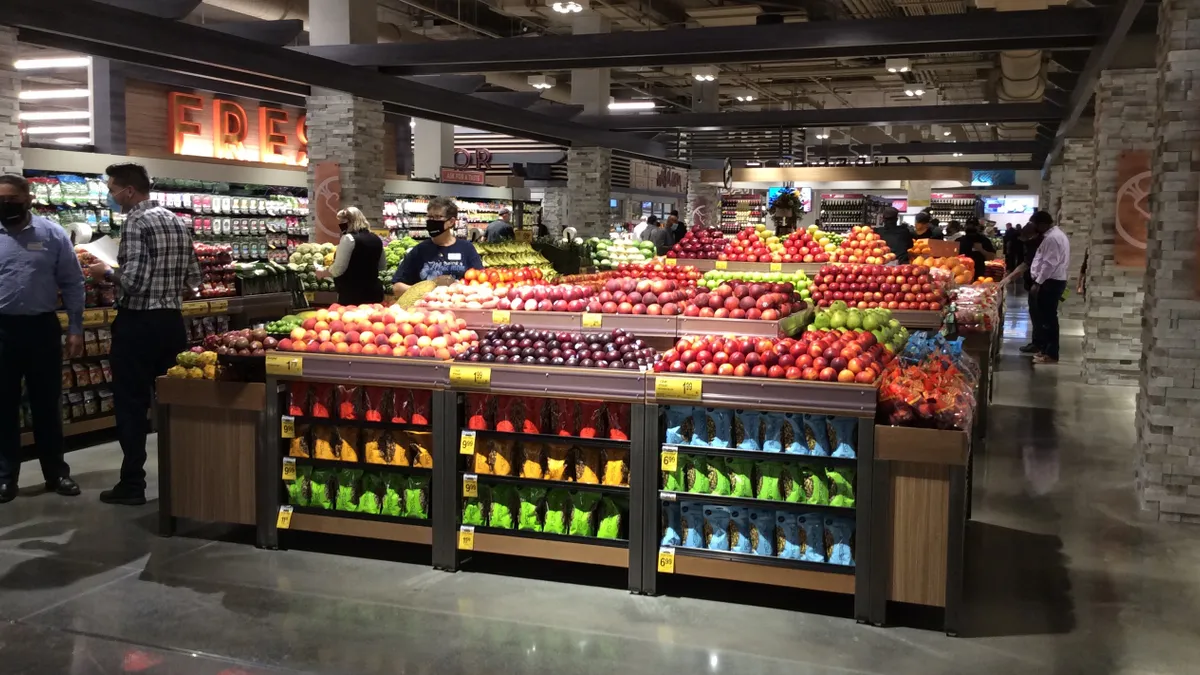Grocery shoppers have only a lukewarm impression of the steps supermarket operators have taken to communicate about factors that could or already do affect what they pay for food, according to survey results released last week by research firm The Feedback Group.
Respondents to the poll of about 1,100 shoppers, conducted this spring, gave an average score of about 2.5 on a scale of 1 to 5 when asked if their primary grocery store has “communicated in some way” about how tariffs might impact prices. People were only slightly more pleased with the way stores have explained why groceries have become more expensive over the past few years, giving an average grade of just under 3.
While people who participated in the survey placed the highest level of blame for increases in supermarket prices over the past few years on government policies and actions, they also indicated that they think grocers are benefiting from price increases. Respondents said they believe grocers have a profit margin of 30%, a figure that was down slightly from a similar poll The Feedback Group conducted last year.
Grocery chains recorded a net profit margin after taxes of 1.6% in 2023, according to figures from FMI — The Food Industry Association.
The majority (87%) of participants said they expect the tariffs the Trump administration has announced — but not fully implemented — would cause their grocery bills to increase, with only about half saying they thought their costs would increase significantly.
Sixty-one percent of respondents said they are “stressed about rising grocery prices,” although the figure varied significantly by generation. Seven in 10 participants who belong to Generation X reported that grocery inflation is stressful for them, compared with 65% for Generation Z and 36% for the Silent Generation.
Asked which types of groceries they expect to become more expensive because of tariffs, almost 90% of poll participants said they think the prices of imported foods would increase. Two-thirds believe household goods will become pricier because of tariffs, while 63% of respondents said they think meat and poultry costs would go up.
More than 60% of participants said they are buying more items on sale because of grocery inflation, which has recently eased. Half said they eat at home more frequently, while about 40% have bought more private label products.












